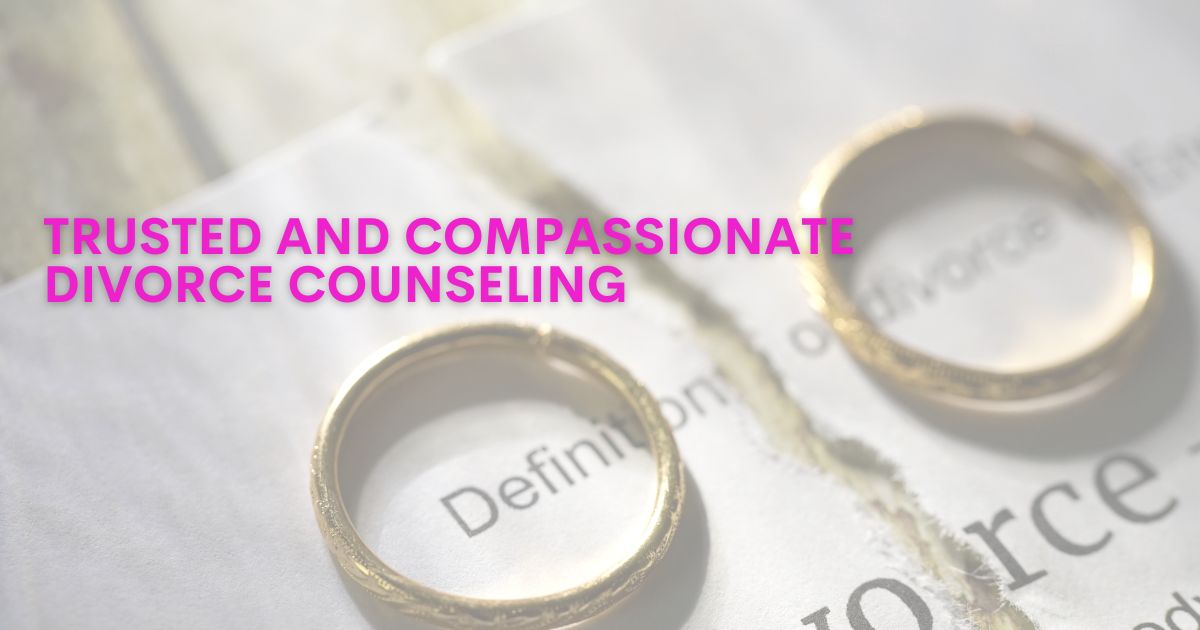
We provide in person psychotherapy as well as telepsychology, and due to PsyPact mobility we are now able to practice telepsychology across state boundaries.

Blog
-

Navigating the Peaks and Valleys of Divorce: A Personal Reflection
By. Meredith Holstein, M.Ed. Divorce is often like a rollercoaster ride, with its ups and downs, twists and turns that can leave one feeling both exhilarated and drained. As someone who has traversed this tumultuous terrain, I’ve come to understand that navigating the peaks and valleys requires a steady hand and a mindful approach. In…
-

60 Second Parenting Hack
By. Dr. Alyson Nerenberg, Here is a way to improve your parenting skills and is effective with all of your children no matter what age they are: Simply ask them one single question: “What could I do to be a better parent for you?” Or simply “How can I improve my parenting of you?” Then…
-

Time to Disconnect
By. Carly Blumenthal, The world is constantly shifting around us, and it can be hard to keep up with the everlasting new trends, technologies, and social changes. From my experience with patients, I have learned that a lot of teens and young adults are affected by the power of social media.
-

Halloween Anxiety
By. Rachel Troob, Halloween is meant to be an exciting holiday where we dress up and gather with friends. However, Halloween can also be an overwhelming holiday that brings up feelings of anxiety and fear. There’s the anxiety around the actual event of Halloween: the frightening costumes, haunted houses, and big gatherings.
-

Let’s Make Self-Care a Priority Together
By. Carly Blumenthal, The world is constantly shifting around us, and it can be hard to keep up with the everlasting new trends, technologies, and social changes. From my experience with patients, I have learned that a lot of teens and young adults are affected by the power of social media.
-

Should I Stay or Should I Go?
By Dr. Alyson Nerenberg, Although our practice advocates for staying together and working through relationship struggles whenever possible, sometimes it is not in your best interest to stay. The questions below can help you determine what the best course of action may be for you.
